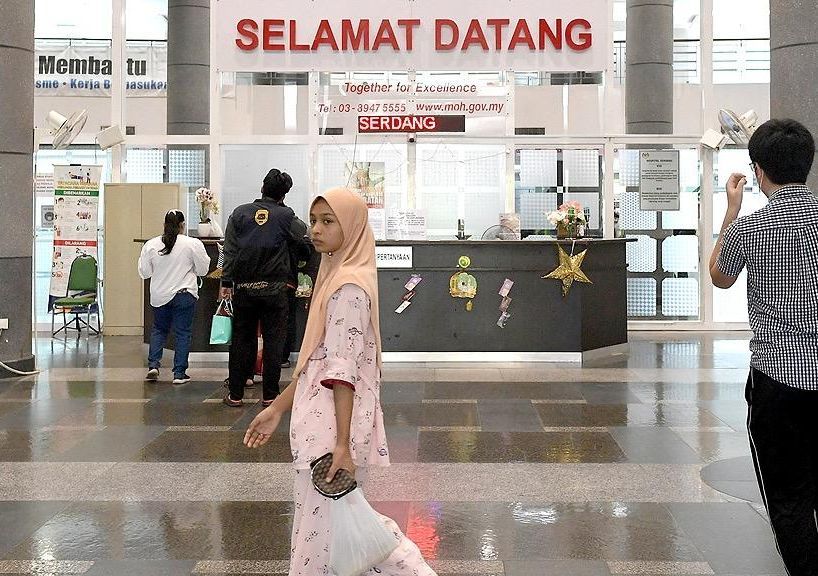KUALA LUMPUR: The Sedition Act 1948 has been used in 28 cases last year, a 65% increase from 2022 which only saw only 17 cases, says Suara Rakyat Malaysia (Suaram).
The human rights watchdog also said in its Malaysia Human Rights Report 2023 released on Wednesday (March 27), that there were 97 cases under the Communications and Multimedia Act 1998.
Suaram said the Sedition Act saw its joint highest level of use in six years, together with 2021 during the Perikatan Nasional administration.
It added that only four cases under the Sedition Act were tried in court, three of them involving opposition politicians.
Overall, it said, less than 2% of the 960 cases brought by the government from 2010 to September last year were prosecuted.
"While the government said the use of the Sedition Act has not been indiscriminate, the wide margin between investigation and prosecution rates show arbitrary application of the law to stifle speech," the report read.
The watchdog added that the numbers did not reflect the government’s previous consideration of confining the scope of the Sedition Act's application to insults against royalty, which comprised just over 40% of cases.
"Among four cases tried in court (last year), only one was related to insults against royalty while all other cases were due incidents entailing 'disaffection' against the administration of justice and those currently in public office," it added.
Suaram also raised concerns that free speech could be further stifled due to more explicit measures being implemented to exert greater restrictive control over discourse related to race, religion and royalty (3R issues).
"A 3R task force was also set up in March last year... seven cases were received within the first two weeks of operation and 104 cases were handled as of November," it said.
Suaram executive director Sevan Doraisamy also reiterated calls for the Universities and University Colleges Act 1971 to be amended to ensure freedom of speech among students and for the Independent Police Conduct Commission (IPCC) to be strengthened.
"We recognise that reform needs time, but we should not need to wait for 60 years to see reforms come to reality, like how the rakyat had to before a change of government finally took place in 2018.
"For the reform envisioned back in 1998 to remain true to its course, the government must fully practise the reformist mindset.
"Especially amid the current political stability, there should be no more excuses," he told a press conference at the report's launch.
On Sunday (March 24), Home Minister Datuk Seri Saifuddin Nasution Ismail revealed that the Cabinet had agreed to begin amending a number of laws deemed archaic, including the Sedition Act.










































